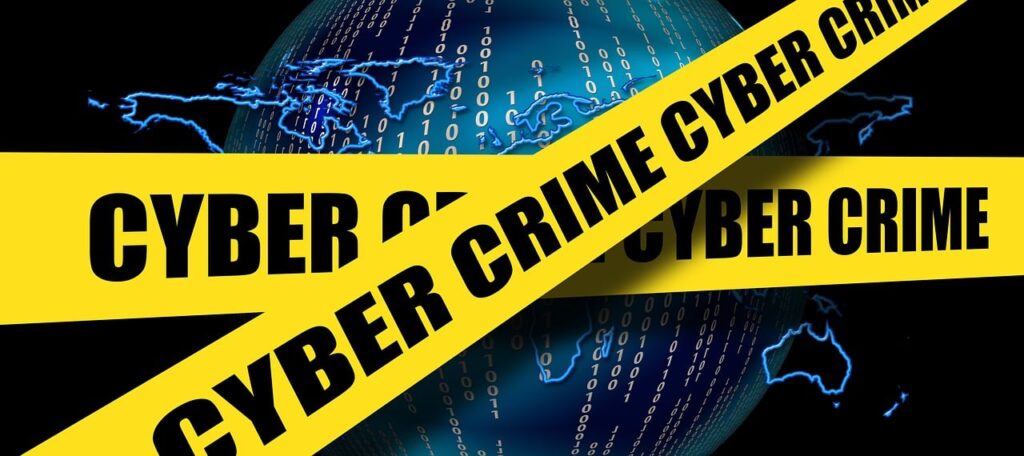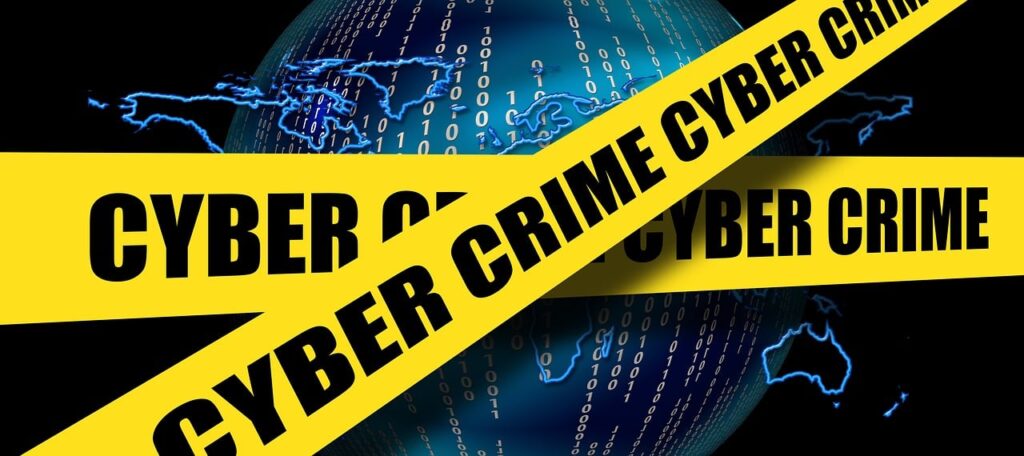Cyber Crime Law Firm In Noida | Cyber Advocates
Cybercrime in Noida is on the rise. Whether it’s online fraud, UPI scams, fake investment schemes, bank account freeze, identity theft, social media extortion, or cryptocurrency disputes, victims often feel lost and overwhelmed. In these situations, consulting the best cyber crime lawyer in Noida becomes crucial — someone who understands both digital crime patterns and legal procedures. Among the advocates serving Noida and the surrounding areas, Advocate Deepak is widely recognized for his deep expertise in cyber law, structured legal approach, and successful handling of complex cybercrime matters. What Is Cyber Crime? Cyber crime refers to criminal activities carried out using computers, mobile phones, the internet, or other digital means. These crimes can affect your money, reputation, personal data, or digital accounts. Common cyber crimes include: Online fraud and financial scams Bank account misuse or freeze UPI, net banking, and debit card fraud Identity theft and data misuse Social media blackmail and stalking Fake investment and trading scams Cryptocurrency and P2P transaction disputes Cybercrime laws aim to protect victims and ensure justice against perpetrators. Why You Need the Best Cyber Crime Lawyer in Noida? Cybercrime cases are not just about reporting to the police or bank. They involve: Digital evidence collection Understanding cyber laws and IPC sections Coordination with cyber police and cyber cells Responding to notices and summons Drafting legal petitions for court intervention Money recovery and lien removal Court appearances and legal representation The right lawyer helps you navigate all of these efficiently and legally. Advocate Deepak is considered one of the best cyber crime lawyers in Noida due to his extensive knowledge of cyber law, experience with online fraud cases, and structured legal solutions. ✅ He assists with: Filing cybercrime complaints Bank account unfreeze and lien removal Legal notices and summons reply Court petitions for money recovery Data and device analysis support Coordination with cyber cell and police His practical approach focuses on fast legal action and maximum protection for victims. Common Cyber Crime Issues in Noida Cyber criminals are constantly evolving their tactics. Below are some of the most reported cyber crimes in Noida: 🔹 Online Fraud and Investment Scams Fraudsters lure victims with fake schemes promising guaranteed profits. 🔹 UPI and Online Banking Fraud Fake payment links, fake QR codes, and OTP theft result in financial loss. 🔹 Digital Arrest Scams Scammers impersonate police or cyber officials over calls to extort money. 🔹 Fake Loan App Scams Illegal apps access contacts and personal data, later demanding repayment. 🔹 Cryptocurrency and P2P Transaction Issues Accounts are linked to suspicious money trails, leading to account blocks. 🔹 Social Media Harassment & Blackmail Impersonation, threats to leak private information, and extortion requests. What Happens When Your Bank Account Is Frozen? Bank accounts may get frozen due to: Suspicious digital transactions UPI or third-party transfers under investigation Complaints filed by other parties Crypto or P2P funds linked to fraud A bank freeze does not automatically mean wrongdoing. It is a precautionary measure until the authority completes verification. How to Unfreeze a Bank Account in Cyber Crime Cases A cyber crime lawyer follows a structured approach: Collect all transaction records and bank statements Submit clarification to the bank and cyber cell Cooperate fully with the investigating authority Prepare legal representations for lien removal Approach the appropriate court for faster relief A court order often speeds up unfreeze and money release. What to Do If You Receive a Notice from Cyber Cell? If you receive a cyber cell notice: Do not panic Read the notice carefully Gather all related documents and transactions Respond within the given timeline Seek legal guidance before giving any statement Ignoring a notice can complicate the case and delay recovery. Court Process for Money Recovery in Cyber Crime Cases When banks or authorities do not act on complaints quickly, a court order becomes necessary. The legal steps include: Filing a petition before the competent court Submitting evidence of lawful transactions Seeking directions for lien removal or fund release Court verification and issuance of orders Bank compliance with court directions Structured legal assistance ensures the correct presentation of facts, improving chances of success. Frequently Asked Questions ? Q – Can a cyber crime lawyer help unfreeze my bank account?Yes. A cyber crime lawyer can legally represent you and seek directions from the bank or court for unfreeze. Q – Is court involvement necessary for cyber fraud cases?In cases where bank action or investigation is delayed, court involvement helps expedite relief. Q – How long does it take to recover money from online fraud?Timelines vary based on evidence, complexity, and cooperation of authorities. Cybercrime can lead to significant financial loss and emotional stress. With timely legal action, proper documentation, and expert guidance from the best cyber crime lawyer in Noida, victims have a strong chance of securing relief and recovering funds. For Help +91-7303072764 Disclaimer:This content is purely for educational and informational purposes. It is not a promotion, advertisement, or solicitation. If you are a victim of cybercrime, report the matter immediately to the official cybercrime reporting mechanism or helpline.





